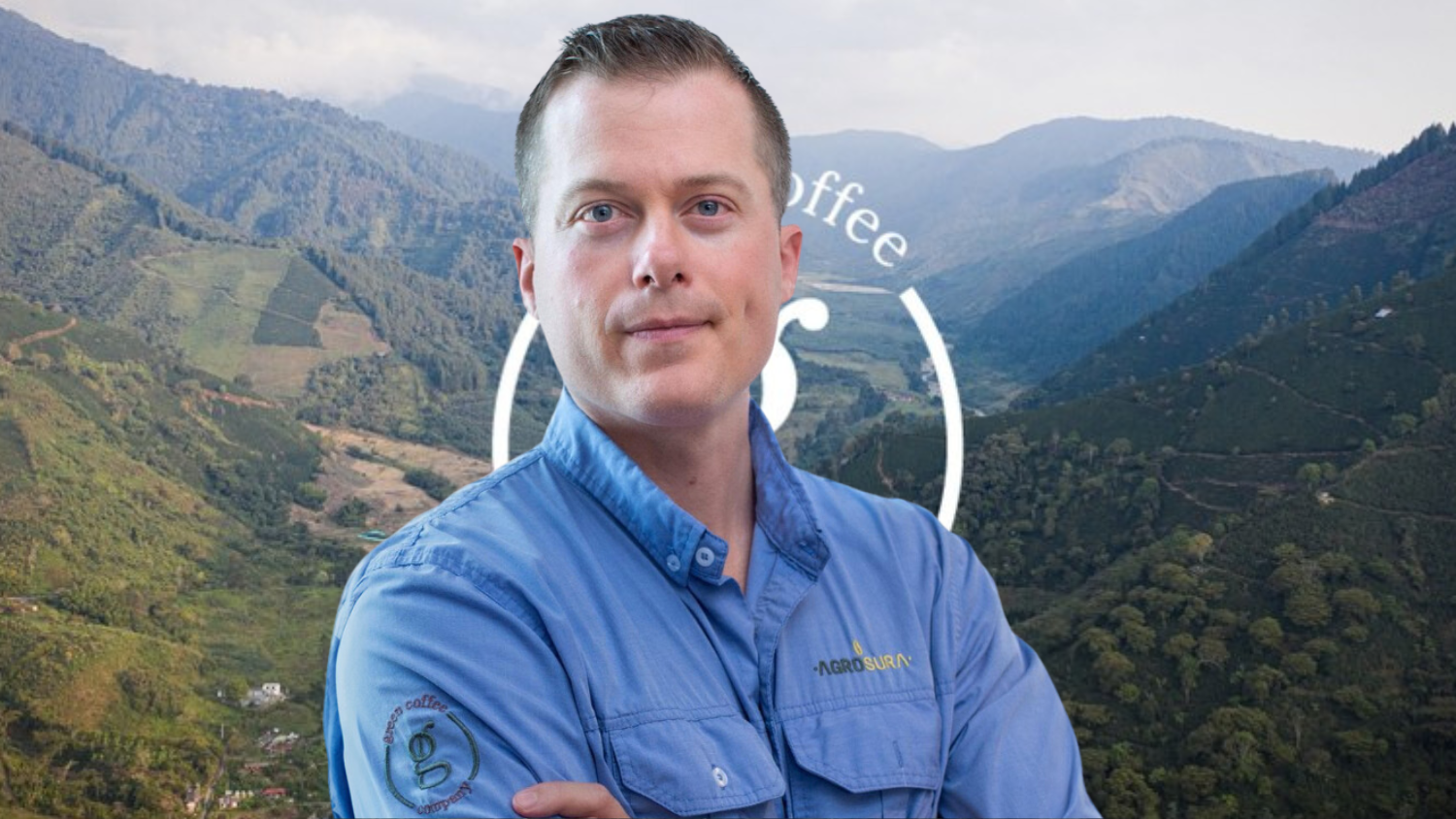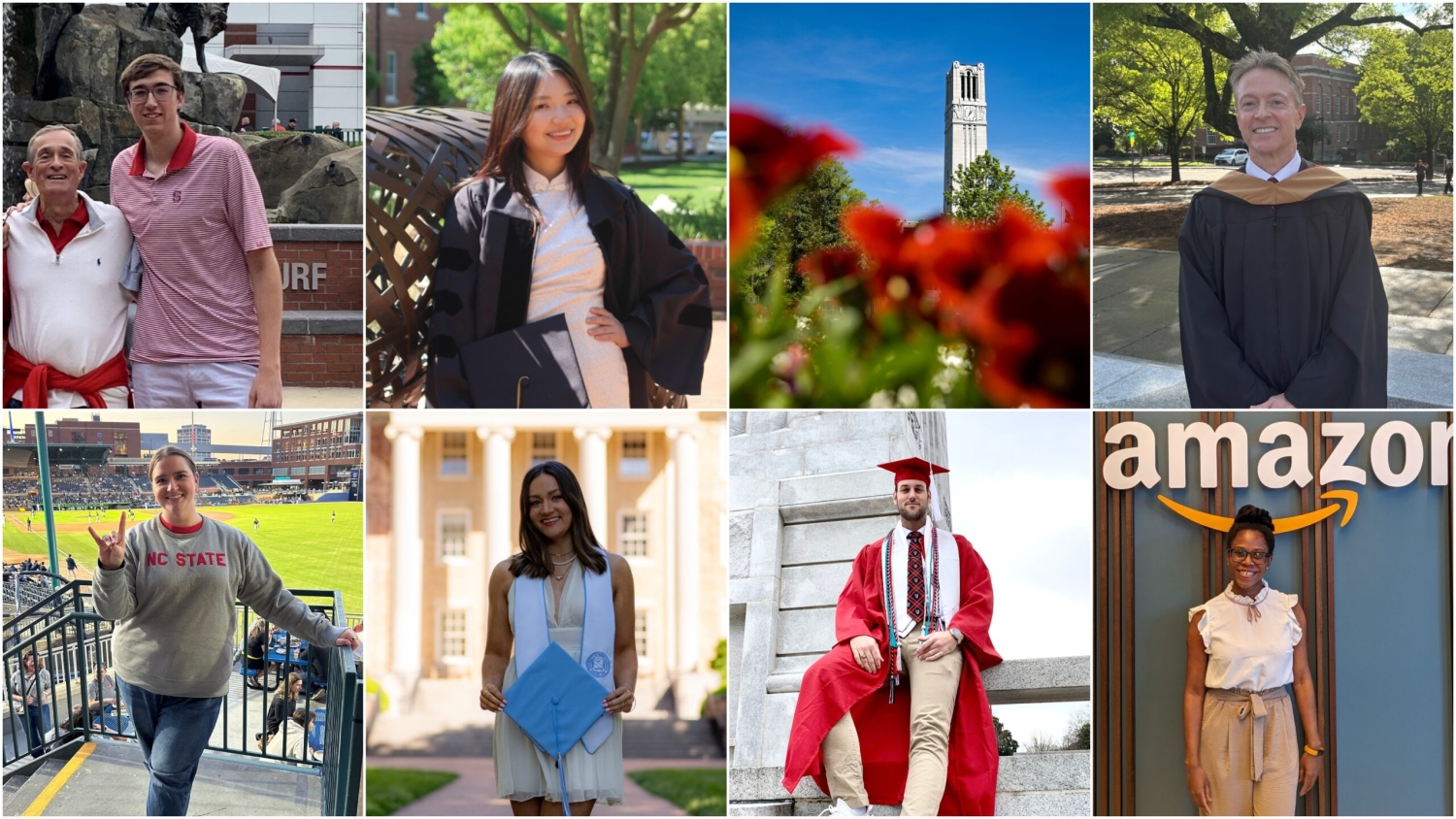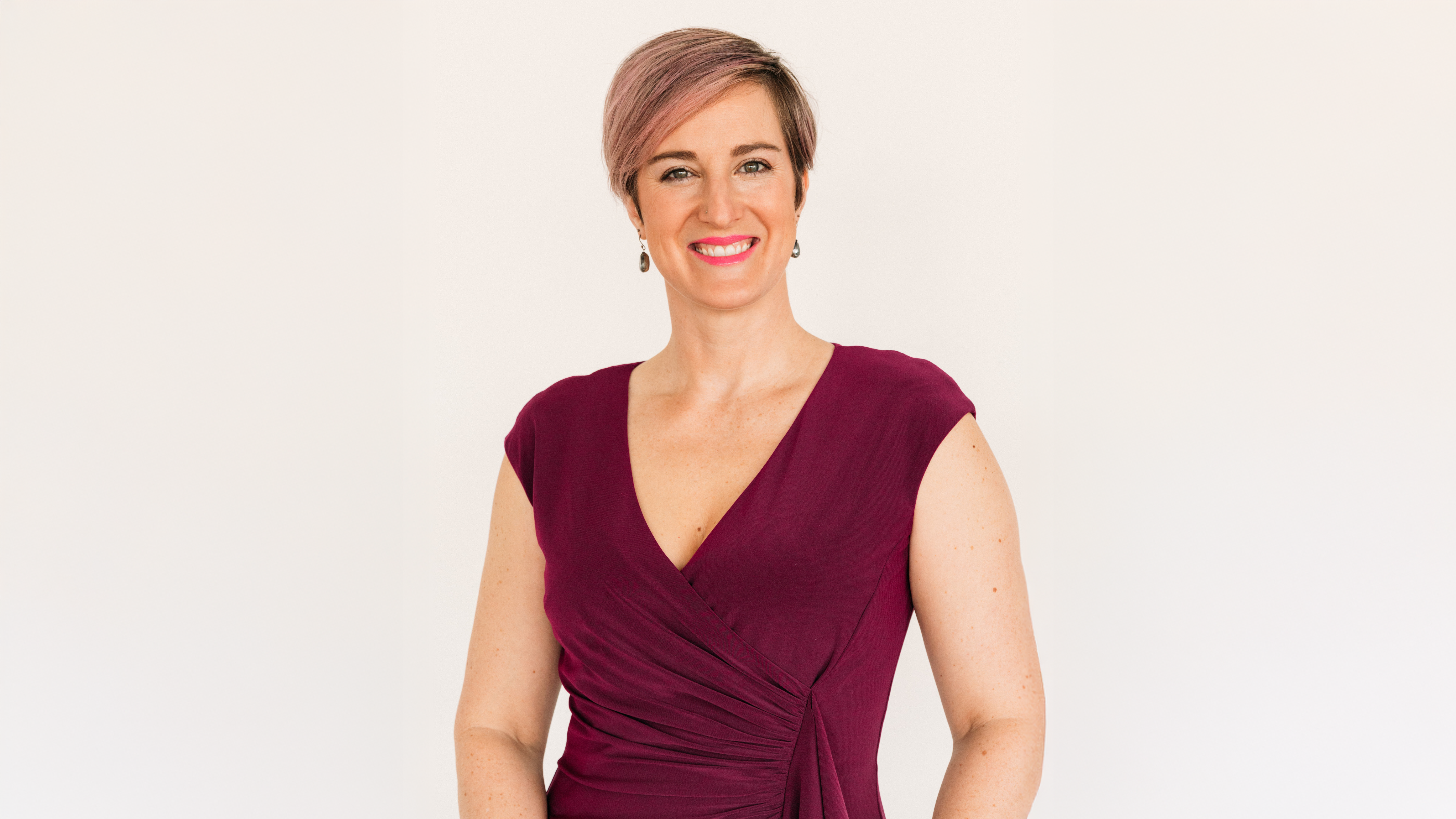MAC Alum Cole Shephard on Building a Global Career Through Accounting and Entrepreneurship
Cole Shephard’s journey from NC State to founding the largest coffee producer in Colombia is built on a strong accounting background and global experience. As an entrepreneur and founding partner of Legacy Group, Shephard emphasizes the importance of mastering business fundamentals and embracing lifelong learning.

By Samantha Beavers
From Bermuda and Hong Kong to Beijing and Colombia, Triangle native and two-time NC State alumnus Cole Shephard has spent his career all over the globe. The son of two accountants, he developed an early interest in business and finance – and after gaining a robust foundation in accounting in the Jenkins MAC program at NC State, he launched a successful career in accounting, business and entrepreneurship. Today, Shephard is a founding partner of Legacy Group, an alternative investment firm in Latin America, and the founder of Green Coffee Company, the No. 1 producer of coffee in Colombia.
The keys to his success? A mastery of the language of business and a commitment to lifelong learning.
Mastering a language
“Studying accounting is a lot like learning a foreign language. If you don’t know that language, you’ll never be successful in business or as a high-end entrepreneur – because it’s what equips you to understand and analyze how businesses work,” Shephard says.
Like any language, accounting not only facilitates meaningful dialogue but offers a deeper understanding of the culture itself, which is why Shephard recommends gaining and polishing those technical skills prior to building a new business.
“I certainly wouldn’t be able to do what I do today if I didn’t have the solid accounting background and technical skills I gained in the MAC program at NC State,” he says. “Or, I’d be catching up on that now. And doing that while also trying to build a business? It’d be too much to learn at once.”
“I certainly wouldn’t be able to do what I do today if I didn’t have the solid accounting background and technical skills I gained in the MAC program at NC State.”
Engaging in lifelong learning
In addition to gaining essential technical skills at the university level, Shephard encourages students to commit themselves to lifelong learning – maximizing opportunities to learn from thought leaders and mentors throughout their careers.
“My biggest recommendation for most people coming out of a business school? Go work somewhere and learn, and consider that like completing your Ph.D. or writing your thesis. You might not make a ton of money early in your career, but you will get a tremendous amount of knowledge and you want to have very, very smart people around you to learn from,” he says.
Shephard speaks from experience. After earning his MAC degree in 2007, he launched his career in Raleigh at Big 4 accounting firm PricewaterhouseCoopers, working with biotech companies and venture capital firms in Research Triangle Park. Two years in, he started looking for opportunities to expand his knowledge of hedge funds, asset management and banking – and decided to take a global role with PwC in Bermuda.
“My focus there was asset management, hedge funds and private equity. So I did my tour there, and then after two years, I wanted to learn more about the world and get off the island, so I applied for some merger and acquisition roles and ended up taking a role with PwC in Hong Kong,” Shephard says.
“I was willing to go anywhere in the world to learn the kind of information I wanted,” he says. “If I didn’t do that experience with PwC and had tried to do what I’m doing now, I would have failed – a lot. So that’s always what I recommend – keep moving, learning and preparing for the next stage and view that whole career process as one giant university where you’re learning as you go.”
Tapping into emerging markets
After four years in Asia focused on mergers and acquisitions within the financial services sector – working between Hong Kong and Beijing – Shephard began toying with the idea of working entirely in emerging markets. He spoke with partners in Latin America and Southeast Asia and then, after visiting Cartagena, Colombia for his brother’s wedding, he started exploring the market in Colombia.
“I realized it was growing faster than I could read on a spreadsheet or a global macro report,” Shephard remembers. “What I wanted to do with PwC was to be more entrepreneurial to begin with, so I decided to do my own deals, leave the firm, move to Colombia and start Legacy Group.”
Shephard began with real estate and then moved on to exporting fresh-cut flowers and focusing on trade flow to South Korea, Japan, Indonesia, Hong Kong and South China. “I built a trading team and then, as the business started growing and expanding, I got into coffee.”
He founded Green Coffee Company in 2017 when a group of real estate syndicated investors in Colombia expressed interest in a project in the agricultural sector that could compete on yield profiles with larger commercial real estate deals.
“We structured almost like a private equity project and started raising capital in 2017 and since then, we’ve become the largest grower of Colombian coffee in the country. To date, we’ve raised an equity amount of about $90 million and have more than 10,000 acres under management,” he says. “And we just acquired the rights to represent the Juan Valdez brand in the United States and Canada, so we’re going to see a big push and re-entrance of that brand soon.”
Embracing innovation and sustainability
One thing that sets Green Coffee Company apart from other coffee producers, Shephard says, is its management and stable revenue stream.
“Most farmers in Colombia are small farmers who own two to four acres of land each, so they don’t have access to capital markets or international management teams. What Green Coffee Company has done is build world-class management teams investing in the agricultural sector with material levels of international capital,” Shephard explains.
“With our vertical integration, we’re consolidating the coffee market in Colombia – with a goal of selling as much roasted coffee as humanly possible. With that, you move away from commodity price swings and get to a consumer product that makes your stream of profitability more stable,” he continues.
The company is also exploring opportunities to increase its profitability with a sustainable business model using coffee byproducts.
“We see a huge opportunity to do really interesting things in the coffee by-product space.”
“What not everyone realizes is that coffee comes in a cherry form. The seed is what you roast and drink, but the cherry is typically discarded because it currently has no economic or useful utility. That makes it a huge pollutant and it’s awful for the environment,” Shephard explains. “However, it’s an opportunity cost that shouldn’t be wasted.”
To that end, Green Coffee Company plans to use the cherries to produce biochar and syngas to create renewable energy sources and improve soil health. The company also plans to build a full-scale ethanol distillery to make vodkas and gins from the cherries.
“We do the coffee business in a way that’s not just coffee,” Shephard explains. “We want to make the business sustainable long-term, so we’re committed to getting into these by-products and innovation techniques that few have invested in because of a historical lack of human capital investment. We see a huge opportunity to do really interesting things in the coffee by-product space.”
Exploring diverse opportunities
To prospective and current Jenkins MAC students with a similar passion for entrepreneurship and sustainability, Shephard offers a few words of advice.
“Don’t pigeonhole yourself and say, ‘I’m just here for accounting.’ As much as you have the opportunity, go explore what’s happening in the other programs and take opportunities to learn about finance, human resources and other fields. Go to meet and greets and listen to guest speakers. NC State does a good job of bringing in people to give you different perspectives, so try to soak up as much as you humanly can,” Shephard says.
“I hate to be cliche, but the world is your oyster, and there’s a lot more you can do if you have the risk tolerance to do it,” he continues. “The opportunities are large when you come out of NC State so long as you’re aggressive, eager to learn and willing to go to new places and try new things.”
Learn more
To learn more about the Jenkins MAC program, including tuition, curriculum, career opportunities and more, please submit the form below.
- Categories:


